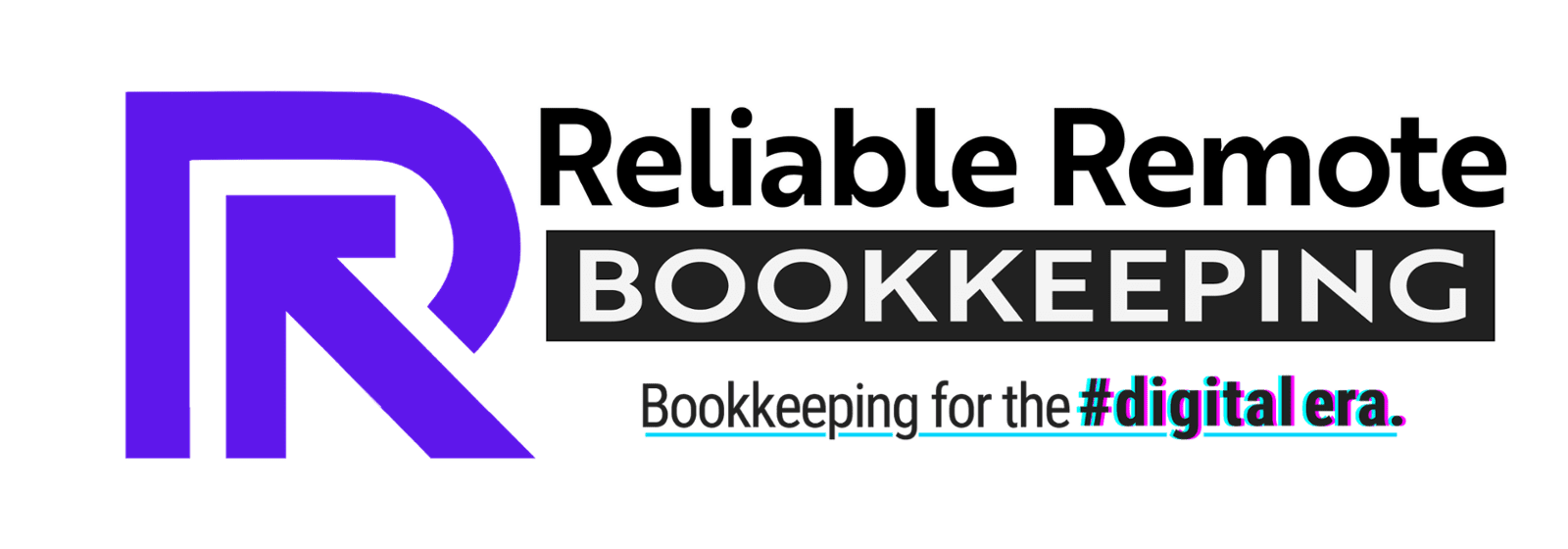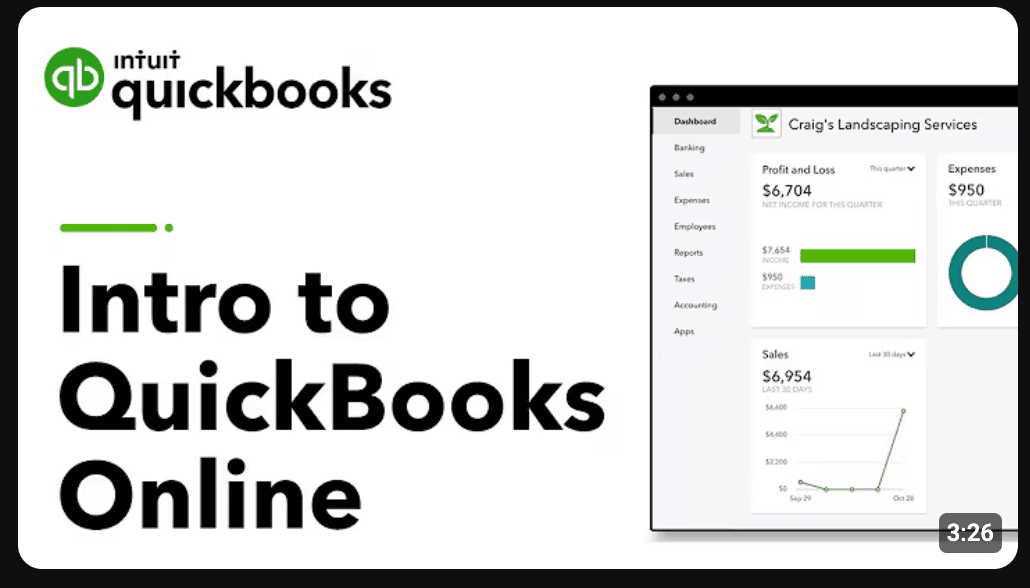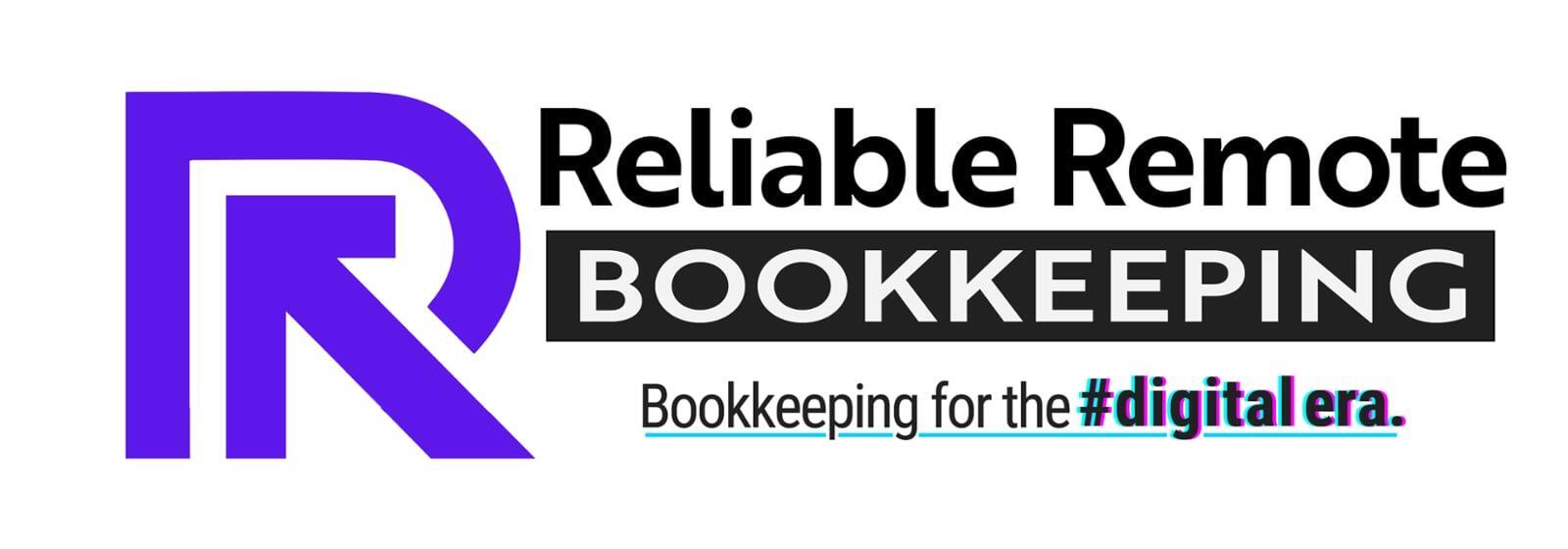Unlock small business accounting basics! Learn expense tracking and cash vs. accrual methods to boost your profits.

Importance of Financial Records
Keeping track of financial records is like steering a ship—without a compass, you'll lose direction. For my small business to not just float but sail smoothly, I need the right financial documents and accounting approach.
Role of Balance Sheet
Think of the balance sheet as a report card for your business. It sums up how we're doing at a single point in time, pulling together what we own, owe, and what belongs to us. By checking in regularly, I get a clear picture of our financial health.
Key roles of the balance sheet include:
- Tracking What’s Mine and What’s Not: Assets like cash and equipment squared up with liabilities, including loans, show whether my business is in the black (good) or red (uh-oh).
- Deciding Our Next Move: By looking at different parts of the business—like bookkeeping versus QuickBooks technical consulting—I can smartly plot our next steps. This helps me make decisions that aren’t just a shot in the dark. (SBA.gov)
| Element | Amount ($) |
|---|---|
| Total Assets | $500,000 |
| Total Liabilities | $200,000 |
| Owner’s Equity | $300,000 |
Running a cost-benefit analysis is playing the long game by weighing the pluses and minuses of big decisions.
Accrual vs. Cash Methods
Deciding on the accrual or cash method is kind of like choosing between cake or bread—it depends on your taste (and business needs).
Accrual Method
This method is kind of like planting seeds. Transactions are logged when they happen, not when the cash rolls in. So, even if I make a sale today, it’s on the books now, not when the customer finally pays up.
- Pros: It shows me the big picture of my finances, with my revenues and expenses shaking hands in the same timeframe.
- Cons: Sometimes what’s on paper doesn’t match what’s in the bank, which can make handling cash a bit tricky. (SBA.gov)
Cash Method
Now, the cash method is more like picking apples only when they’re ripe—or cash is in hand. Everything counts when the money changes hands, plain and simple.
- Pros: It keeps cash flow easy to manage, no mess, no fuss.
- Cons: It might not give a true picture of my business health if cash inflows and sales aren't in sync. (SBA.gov)
| Method | Transaction Recording Time | Pros | Cons |
|---|---|---|---|
| Accrual | When Sale Completes | Spot-on Financial Status | Possible Cash Flow Problems |
| Cash | When Payment Happens | Simple Cash Management | Could Mislead On Financial Health |
Figuring out cash flow’s effect on how the business runs and grows is key, which puts the spotlight on good cash flow management (Corexta). For small businesses picking the right accounting path, dive into more small business bookkeeping tips.
Effective Bookkeeping Practices
Keeping track of financial records is a big deal for us small business folks. It's like our ticket to making smart choices and keeping Uncle Sam off our backs. And boy, do we need some expert help in this department—trust me, skipping it ain't worth the risk.
Professional Assistance
Let's face it, bookkeeping can feel like trying to solve a Rubik's cube blindfolded. I’ve been there, staring at spreadsheets thinking they’re written in a foreign language. That's when help becomes crucial. There's a bunch of help out there: CPAs, professional bookkeepers, or even tech-y online services. They've all got their costs and skills.
Here's why it's worth shelling out for the pros:
- Accuracy: These guys are like hawks—they catch stuff an average Joe like me might miss.
- Efficiency: When someone else takes over, I can spend more time growing my business or just having fewer headaches.
- Know-How: They stay updated with those pesky tax laws, leaving me in the clear and not tangled up in red tape.
New to QuickBooks? Watch a brief intro on YouTube:
Risks of Poor Bookkeeping
Poor bookkeeping isn't just a small mistake—it's a serious risk that can critically damage your business's financial health and long-term sustainability. Inaccurate financial records can create cascading problems that undermine your entire business strategy and financial stability.
| Risk | Impact |
|---|---|
| Non-compliance | Watch out for IRS penalties if income doesn’t get reported right. |
| Incorrect Reporting | Mix up on tax forms might give employees a headache—or worse. |
| Financial Mismanagement | Bad records lead to bad calls—plain and simple. |
| Missed Opportunities | Without clear numbers, growth can pass by unnoticed. |
(Thank you to Law Firm Velocity for the scoop)
A muddied view of finances isn't just bad for decision-making—it can keep lenders thinking you're not worth the risk and drive away investors. When growth chances sneak by, it's your pocket that stays empty.
To avoid financial management pitfalls, it's crucial to establish solid bookkeeping practices and seek professional help when needed. For practical strategies to improve your business's financial management, explore our small business accounting resources and bookkeeping tips.


